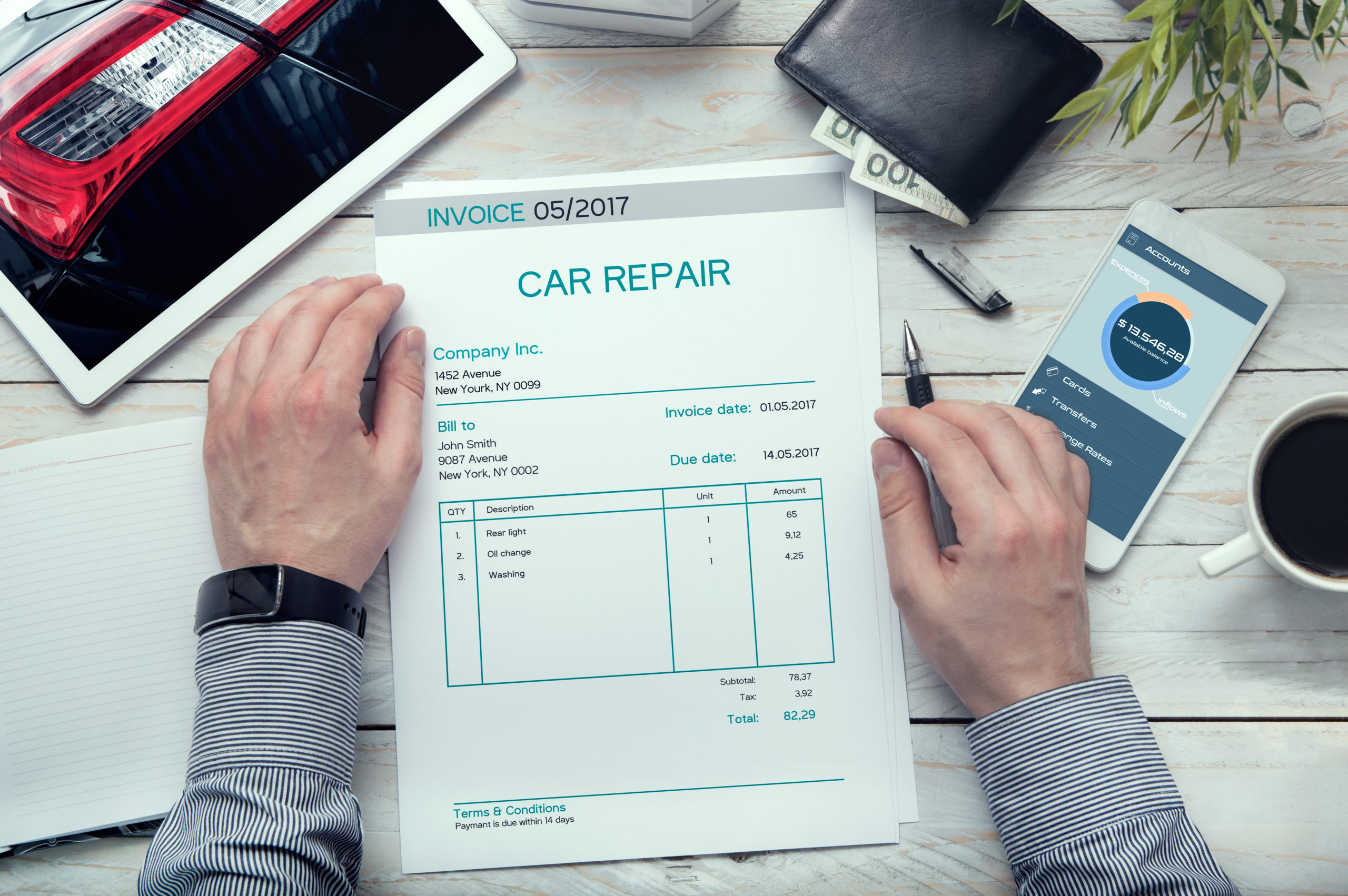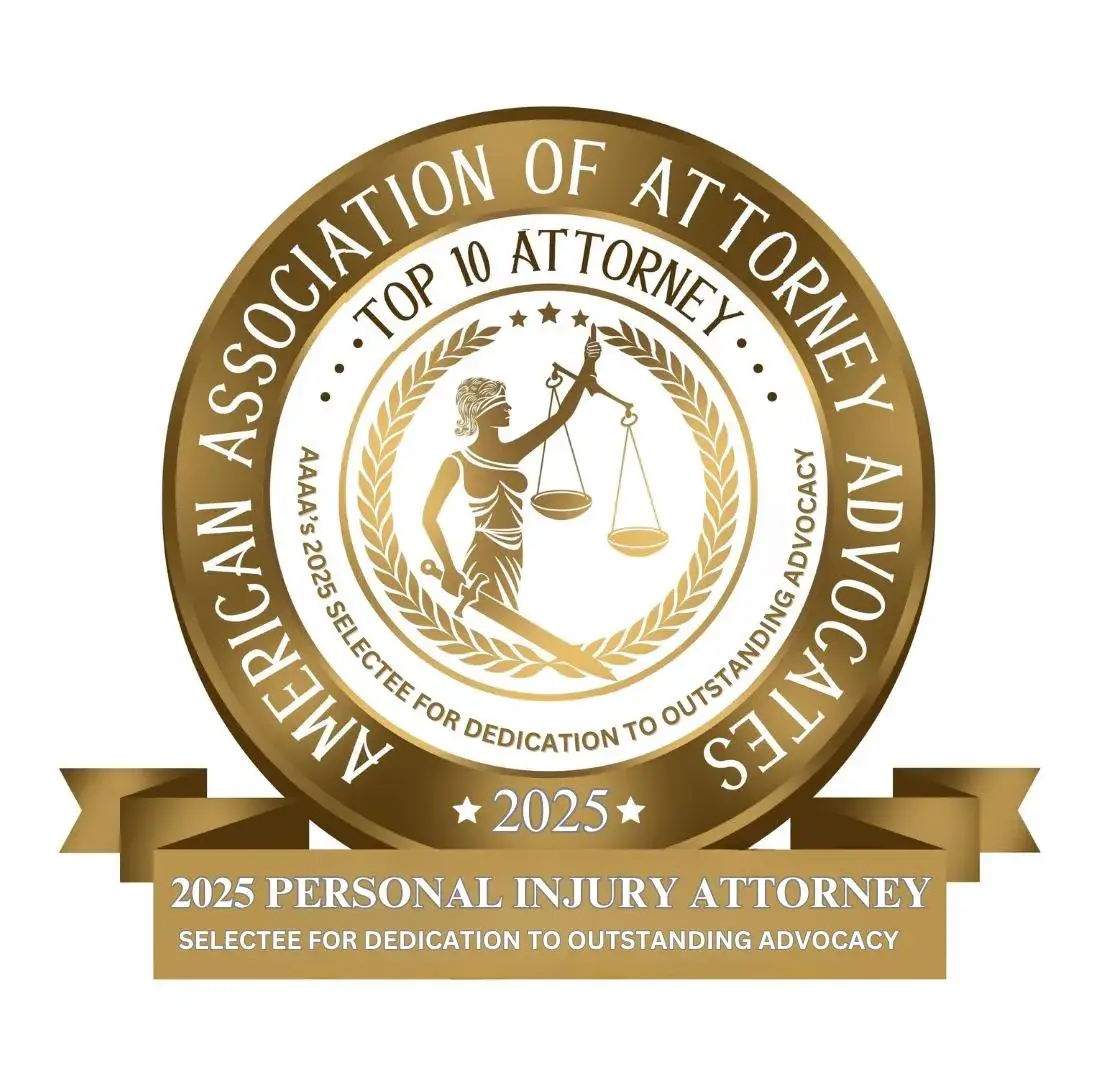What is a Dram Shop Case?
In 18th century times, English establishments sold alcohol, more specifically gin, by the spoonful. This was called a “dram.” In today’s times, a dram is typically any business that sells alcohol. There are laws that apply to these establishments depending on the state in which they are located. In most states, for instance, victims or families of the victims of drunk driving accidents can hold these bars accountable for injury or death. For instance, in 1999, a girl was paralyzed after a drunk driver collided with her car. It was then found that the drunk driver had a blood-alcohol content double the legal limit after leaving a football game. New Jersey awarded $135 million to the family. How is this so?
Since drinking alcohol of any kind is a personal choice, it may seem a bit unfair that bar owners could actually end up liable for accidents and injuries that occur because somebody decided to drink too much in their establishment. However, dram shops can end up responsible for what their customers do after they walk through the doors on certain occasions. These laws vary from state to state.
You have a responsibility to limit your customers. However, you may not always end up responsible for their injuries.
In some states, serving alcohol to an already intoxicated person can result in criminal charges for a bar. If you are the owner of a bar it is your responsibility to keep an eye on your patrons as well as training your staff to do so as well. Over-drinking can be a serious problem that leads to accidents, which in turn leads to charges. If a patron has had too much to drink, they can cause harm to someone else with injuries that either emerge from a car accident or a fistfight. Because of this, a bar owner could end up just as liable for a personal injury or wrongful death as the one who committed it.
However, some states will not hold you accountable if they drink too much and injure only themselves, for example, from driving into a tree on the way home or falling on the sidewalk because they were too intoxicated. Because it was the patron’s decision to drink too much, they cannot typically sue for medical costs, time lost at work, or pain and suffering stemming from the accident. Proving fault can be hard because: How can a bartender know whether a patron is drinking on an empty stomach? How do they know if the patron was intoxicated or not before entering the establishment? How do they know the patron even drove a car there?
Some dram shop laws are instilled but a lot of things must be proven at trial for them to be settled.
- Proof of sale of alcohol to the patron
- Injuries sustained to patron
- Cause between alcohol sale and intoxication
- The intoxication was at least one cause of the third-party damages
In most cases, a dram shop requires insurance coverage.
Bar owners are seen as liable for their customers and the actions that follow. Because of this, it is usually a requirement that a bar carries liquor liability insurance and general liability coverage. There are limitations, however, such as serving somebody illegally for being underage or drunken prior.
Laws surrounding dram shops and liability can be very complicated. In any event, you need a lawyer you can trust. At MDL, we will work with you to get you the compensation you deserve in many situations and give you a consultation to help you meet these needs. Contact us for more specific and detailed information.



















